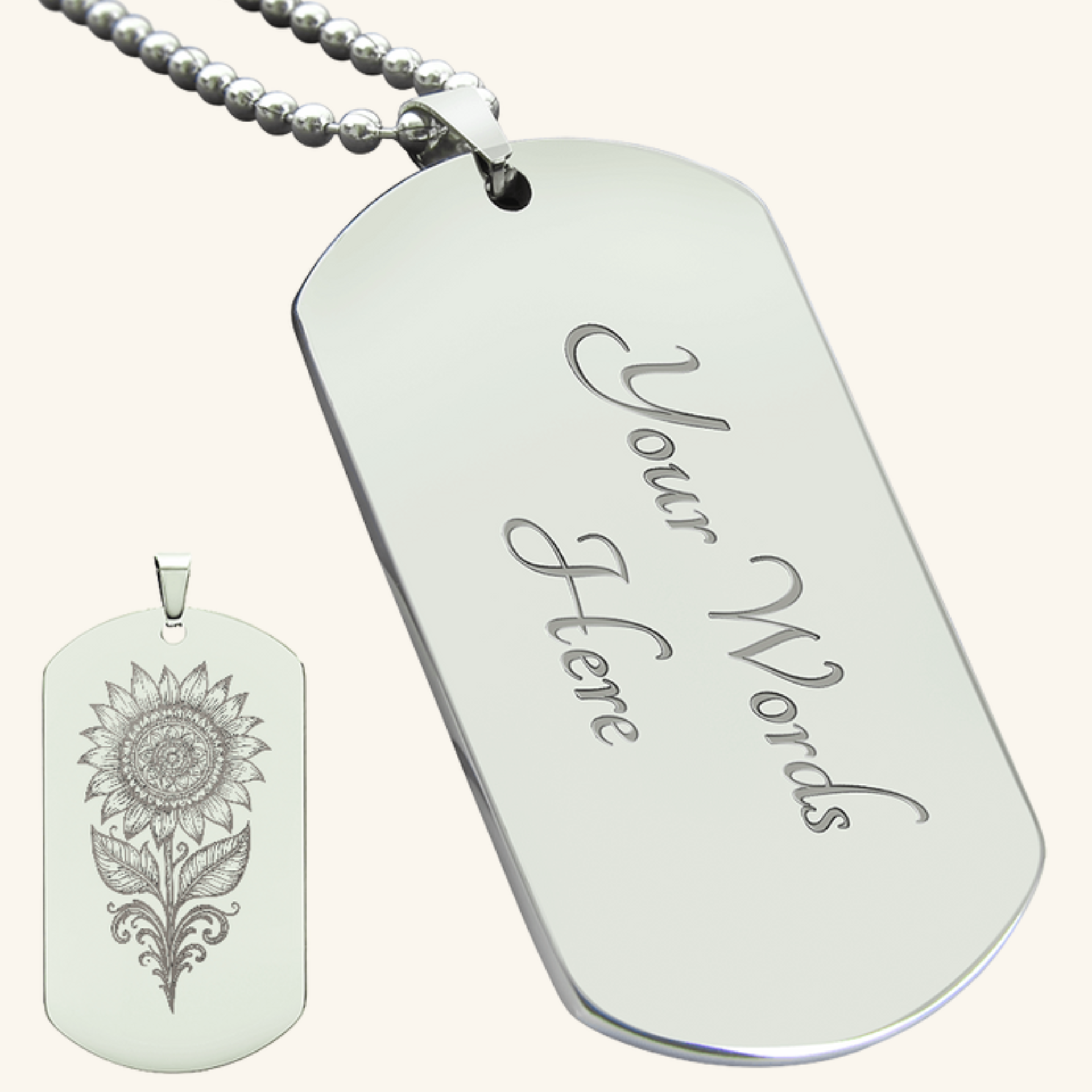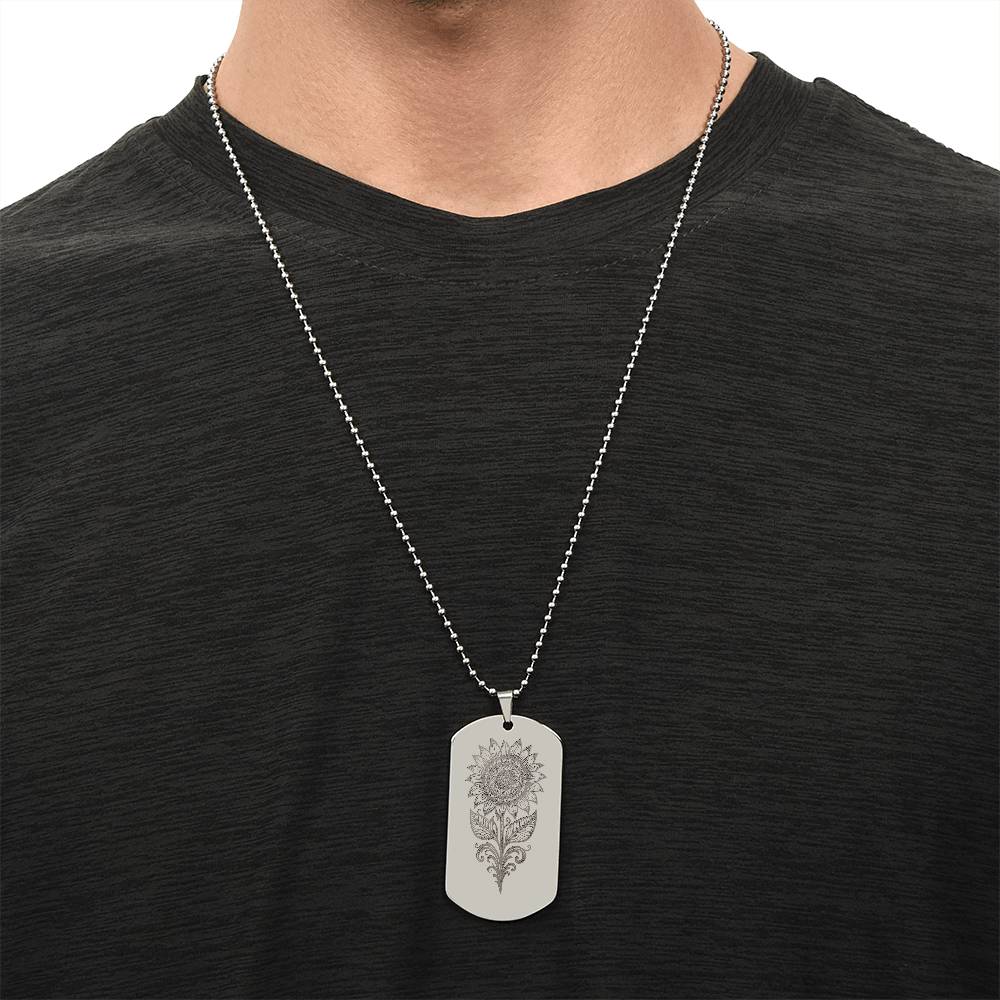Peer Support Groups for Teens with ASD

Written by HeyASD.com Team
Peer support groups can be a lifeline for teens with Autism Spectrum Disorder (ASD). These groups offer a safe space where teens can share their experiences, build friendships, and develop important life skills. For parents, these groups also provide much-needed support and information. Whether in-person or online, peer support groups play a crucial role in the well-being of teens with ASD.
Key Takeaways
- Peer support groups help teens with ASD build confidence and self-worth.
- These groups improve functional communication skills in a safe environment.
- Creating positive peer relationships is a key benefit of joining these groups.
- There are various types of support groups, including open, closed, virtual, and in-person.
- Parents can also find support through parent-only groups, gaining valuable advice and shared experiences.
Benefits of Peer Support Groups for Teens with ASD
Building Confidence and Self-Worth
Participating in a support group can be a really positive experience for teens with autism. It helps to build confidence and increases their sense of self-worth. For teens, sharing personal experiences in a safe place allows them to be themselves and feel valued.
Improving Functional Communication Skills
Support groups offer a platform for teens to practice and improve their functional communication skills. Often led by professionals like speech-language pathologists or occupational therapists, these groups provide structured opportunities to enhance communication abilities.
Creating Positive Peer Relationships
Being part of a support group helps teens with autism create positive peer relationships. These groups offer a supportive environment where teens can connect with others who share similar experiences, fostering friendships and mutual understanding.
Types of Peer Support Groups Available
Open vs. Closed Groups
Open groups allow new members to join at any time, making them flexible and dynamic. Closed groups, on the other hand, have a set membership and often run for a specific period. Choosing between open and closed groups depends on your teen's comfort level with meeting new people.
Virtual vs. In-Person Groups
Virtual groups offer the convenience of joining from home, which can be less stressful for some teens. In-person groups provide face-to-face interaction, which can be beneficial for building social skills. Consider your teen's preferences and needs when deciding between virtual and in-person options.
Financial Assistance Options
Many support groups offer financial assistance or operate on a sliding scale to make them accessible to all families. Some organizations may even provide free services. It's important to research and ask about any available financial aid to ensure your teen can participate without financial strain.
Finding the right type of peer support group can make a significant difference in your teen's social development and overall well-being.
Finding the Right Support Group for Your Teen
Finding the right support group for your teen with ASD can be a game-changer. It's crucial to identify what your teen needs most: emotional support, social skills, or just a safe space to be themselves. Here are some ways to find the perfect fit.
Local Resources and Organizations
Organized support groups and social clubs are all around the country. Start by checking local community centers, schools, and autism advocacy organizations. These places often have listings or can point you in the right direction. Don't forget to ask other parents for recommendations.
Online Directories and Networks
The internet is a treasure trove of information. Websites dedicated to autism support often have directories of available groups. Social media platforms and forums can also be useful for finding groups that meet your teen's specific needs. Online directories can save you a lot of time and effort.
Consulting Healthcare Providers
Your teen's healthcare providers can be invaluable resources. They often know of local and virtual support groups that are reputable and effective. Don't hesitate to ask for their advice and recommendations.
If you can't find a group that meets your teen's needs, consider starting your own. Sometimes the best solution is the one you create yourself.
Role of Facilitators in Support Groups

Professional Facilitators
Professional facilitators play a crucial role in guiding support groups. They bring expertise and structure, ensuring that sessions are productive and inclusive. Their training helps them manage group dynamics effectively, making sure everyone has a chance to share and participate. This is especially important in groups for teens with ASD, where varying needs and communication styles can be present.
Peer-Led Groups
Peer-led groups offer a different dynamic. These groups are often more relaxed and can provide a sense of camaraderie among participants. Teens may feel more comfortable opening up to peers who share similar experiences. This type of group can be particularly empowering, as it encourages self-advocacy and mutual support.
Training and Certification
Facilitators, whether professional or peer, often undergo specific training and certification. This ensures they are equipped to handle the unique challenges that may arise in a support group setting. Training programs typically cover topics like autism awareness, communication strategies, and crisis intervention. Certification adds an extra layer of credibility and trust, reassuring parents and participants of the facilitator's qualifications.
Facilitators are the backbone of any successful support group, providing guidance, structure, and a safe space for teens to express themselves.
Parental Involvement in Teen Support Groups
Benefits for Parents
Parents gain a lot from being part of support groups. Connecting with others who understand their journey can be invaluable. They can share tips about schools, therapy, and even troubleshooting problem behaviors. These groups also offer a space for parents to receive validation and support from those going through similar experiences.
Parent-Only Support Groups
Some groups are designed just for parents. These sessions often run alongside teen groups, allowing parents to learn the same skills their teens are practicing. This way, parents can act as social coaches in their child's daily life. Parent-only groups provide a focused environment to discuss effective treatment options and share experiences.
Balancing Support and Independence
Finding the right balance between supporting your teen and giving them independence is crucial. Parents can learn how to provide accessible transportation for sensory-friendly outings and other activities that promote independence. It's about giving teens the tools they need while still being there to guide them when necessary.
Parental involvement in support groups not only benefits the teens but also empowers parents to be better advocates and supporters for their children.
Challenges Faced by Teens with ASD in Social Settings
Overcoming Social Anxiety
Teens with ASD often struggle with social anxiety, making it hard to interact with peers. Feeling overwhelmed in social settings can lead to avoidance, which only worsens the anxiety over time. Support groups can offer a safe space to practice social skills and build confidence.
Dealing with Sensory Issues
Sensory issues are common among teens with ASD. Bright lights, loud noises, or even certain textures can be overwhelming. This can make social settings like school or public places extremely challenging. Support groups can provide strategies to manage these sensory sensitivities.
Navigating Peer Relationships
Building and maintaining friendships can be particularly tough for teens with ASD. They may find it hard to understand social cues or engage in typical teenage conversations. Peer support groups can help by offering a structured environment to practice these skills and receive feedback from others who understand their struggles.
Participating in a support group or social club can be a really positive experience for people with autism. It helps to build confidence and functional communication skills and increases children's and teens’ sense of self-worth.
Success Stories from Peer Support Groups
Personal Testimonials
Teens with ASD often find a sense of belonging in peer support groups. One teen shared how joining a group helped him feel understood for the first time. Feeling accepted boosted his confidence and made him more open to social interactions.
Case Studies
In a recent case study, a group of teens with ASD showed significant improvement in their social skills after participating in a peer support group for six months. They learned to navigate social settings better and even formed lasting friendships. This transformation highlights the power of peer support.
Long-Term Benefits
The long-term benefits of peer support groups are immense. Teens who participate in these groups often continue to use the skills they learn throughout their lives. They become more independent and better at handling social situations, which can lead to a more fulfilling life overall.
Joining a peer support group can be a life-changing experience for teens with ASD. The friendships and skills they gain can last a lifetime.
How to Start a Peer Support Group for Teens with ASD
Identifying the Need
Before starting a support group, it's crucial to identify the need within your community. Talk to parents, educators, and healthcare providers to understand the demand for such a group. Conduct surveys or informal interviews to gather insights.
Recruiting Members
Once you've identified the need, the next step is recruiting members. Use social media, local schools, and community centers to spread the word. Create flyers and distribute them in places frequented by teens and their families. Make sure to highlight the benefits of joining the group.
Securing Funding and Resources
Starting a support group often requires some funding. Look for grants, donations, or sponsorships from local businesses. You can also organize fundraising events. Additionally, secure a meeting space and any necessary materials, such as chairs, tables, and educational resources.
Starting a peer support group can be a rewarding experience, offering teens with ASD a safe space to connect and grow.
Additional Resources for Teens with ASD
Social Skills Training Programs
Social skills training programs are essential for teens with ASD. These programs help them learn how to interact with others, understand social cues, and build meaningful relationships. Many programs offer structured lessons and activities that focus on improving communication and social interactions. Teens can practice these skills in a safe and supportive environment, which can boost their confidence and self-esteem.
Therapeutic Activities
Therapeutic activities, such as art therapy, music therapy, and physical activities, can be incredibly beneficial for teens with ASD. These activities provide a creative outlet for self-expression and can help reduce stress and anxiety. Participating in these activities can also improve motor skills and coordination. For example, visual stimming activities like painting or drawing can be particularly soothing and enjoyable for teens with ASD.
Educational Workshops
Educational workshops offer valuable information and resources for teens with ASD and their families. These workshops cover a wide range of topics, including autism research ethics and guidelines, social skills development, and transitioning to adulthood. Attending these workshops can help teens and their families stay informed about the latest developments in autism research and treatment. Additionally, many workshops provide practical tips and strategies for managing daily challenges and improving overall quality of life.
Finding the right resources can make a significant difference in the lives of teens with ASD. It's important to explore various options and choose the ones that best meet the needs of your teen.
For more resources, consider visiting an autism store for tools and materials that can support your teen's development and well-being.
The Role of Technology in Support Groups
Online Meeting Platforms
Online meeting platforms have revolutionized how teens with ASD connect. Virtual meetups offer a safe space for sharing experiences and practicing social skills. Platforms like Zoom and Google Meet make it easy to join from anywhere, breaking down geographical barriers.
Digital Communication Tools
Digital tools like chat apps and forums provide continuous support. Teens can stay in touch with their peers, share updates, and seek advice anytime. These tools help in building a sense of community and belonging.
Virtual Reality Experiences
Virtual reality (VR) offers immersive experiences that can help teens practice social interactions in a controlled environment. VR can simulate real-life scenarios, helping teens with ASD navigate social settings more confidently.
Legal and Ethical Considerations
Privacy and Confidentiality
Privacy is crucial in peer support groups. In-person groups usually ensure confidentiality, but online groups can be tricky. Once something is posted online, it's there forever. Be mindful of your child's privacy when sharing details. Avoid using names or pictures in online forums.
Inclusivity and Accessibility
Creating an inclusive environment means considering everyone's needs. This includes physical accessibility and being mindful of ableism. Ensure that all teens, regardless of their abilities, feel welcome and understood.
Parental Consent
Parental consent is often required for teens to join support groups. This ensures that parents are aware of and agree to their child's participation. It's a way to protect both the teen and the group facilitators.
Always prioritize the well-being and privacy of the teens in the group. This builds trust and a safe space for everyone.
Conclusion
Joining a peer support group can be a game-changer for teens with autism. These groups offer a safe space to share experiences, make friends, and learn new skills. For parents, they provide a network of support and valuable advice. Whether you're a teen looking to connect with others or a parent seeking guidance, there's a group out there for you. Remember, you're not alone on this journey. Together, we can create a supportive community where everyone feels understood and valued.
Frequently Asked Questions
What are the benefits of joining a peer support group for teens with ASD?
Joining a peer support group can help teens with ASD build confidence, improve communication skills, and make friends.
Are there different types of peer support groups for teens with ASD?
Yes, there are open groups, closed groups, virtual groups, and in-person groups. Some groups may also offer financial help.
How can I find a support group for my teen with ASD?
You can look for local resources, check online directories, or ask your healthcare provider for recommendations.
Who leads these support groups?
Support groups can be led by professionals like therapists or educators, or even by peers who have experience with ASD.
Should parents be involved in their teen's support group?
Parent involvement can be helpful. There are also support groups just for parents to share tips and get support.
What challenges do teens with ASD face in social settings?
Teens with ASD may struggle with social anxiety, sensory issues, and making friends.
Can technology help in support groups for teens with ASD?
Yes, technology like online meeting platforms and digital communication tools can make it easier for teens to join and participate in support groups.
What should I consider when starting a peer support group for teens with ASD?
Think about the needs of the teens, how to recruit members, and how to get funding and resources.
On This Page
Frequently asked questions
How can I find autism support groups for teens in my local area or online?
What should I expect when my teen joins a sensory-friendly social group?
How do peer support groups help improve autism communication skills?
What are the differences between open and closed support groups, and how do I choose the best fit for my teen?
Are there sensory tools or calming items that can help my teen feel more comfortable during group sessions?
How can parents get involved in disability support for teens without overwhelming their child’s independence?
What role do facilitators play in making peer support groups safe and welcoming for teens with ASD?
How can peer support groups help teens overcome social anxiety and build lasting friendships?
Can Autism-themed decor or comfortable clothing like soft t-shirts support a positive experience in social groups?

About the HeyASD.com Team
Autistic‑owned • Values‑led • Sensory‑friendly design
We are autistic creators, writers, and advocates dedicated to producing resources that are practical, sensory-aware, and grounded in lived experience. Our mission is to make information and products that support the autistic community accessible to everyone, without jargon or condescension. Learn more about our team.
This article is written from lived autistic experience and an evidence-aware perspective. It is for general informational purposes only and should not be taken as medical, legal or therapeutic advice.
Always consult a qualified clinician or occupational therapist for individual needs and circumstances.

About Our ASD Blog
HeyASD is more than a store, it’s a calm, supportive space for autistic adults and the people who care about them. Explore identity-affirming stories, sensory regulation tools, and uplifting resources from our community.
Thank you for reading. We hope these resources bring comfort and clarity.









































